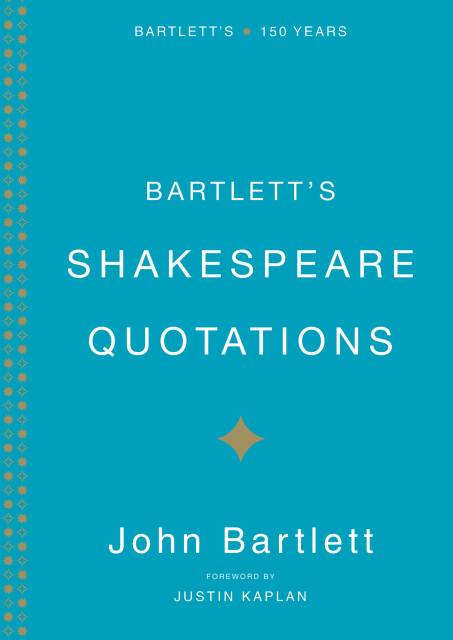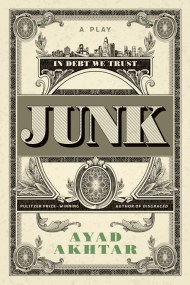Promotion
Use code MOM24 for 20% off site wide + free shipping over $45
Bartlett's Shakespeare Quotations
Contributors
Foreword by Justin Kaplan
Formats and Prices
Price
$9.99Price
$12.99 CADFormat
Format:
ebook $9.99 $12.99 CADThis item is a preorder. Your payment method will be charged immediately, and the product is expected to ship on or around October 31, 2009. This date is subject to change due to shipping delays beyond our control.
Also available from:
From the quote afficionado to the historical researcher, fans of Bartlett’s will be thrilled to see this edition of quotations from the great William Shakespeare. Collecting quotes from his many works into one beautiful volume, Bartlett’s Shakespeare Quotations is essential as a reference tool and makes for some wonderful browsing.
Quotes culled from Bartlett’s Familiar Quotations are organised by play or sonnet in chronological order and capture a unique view of Shakespeare’s life and work. From King Henry VI to The Tempest (and even the epitaph on his grave) this volume will delight both researchers and casual readers as it highlights one of the most beguiling and beloved playwrights in history.
Quotes culled from Bartlett’s Familiar Quotations are organised by play or sonnet in chronological order and capture a unique view of Shakespeare’s life and work. From King Henry VI to The Tempest (and even the epitaph on his grave) this volume will delight both researchers and casual readers as it highlights one of the most beguiling and beloved playwrights in history.
Genre:
- On Sale
- Oct 31, 2009
- Page Count
- 288 pages
- Publisher
- Little, Brown and Company
- ISBN-13
- 9780316086660
Newsletter Signup
By clicking ‘Sign Up,’ I acknowledge that I have read and agree to Hachette Book Group’s Privacy Policy and Terms of Use






